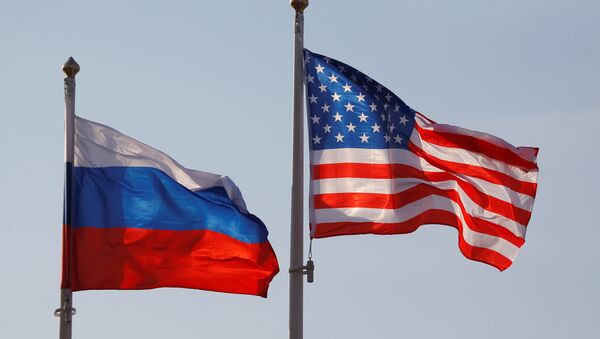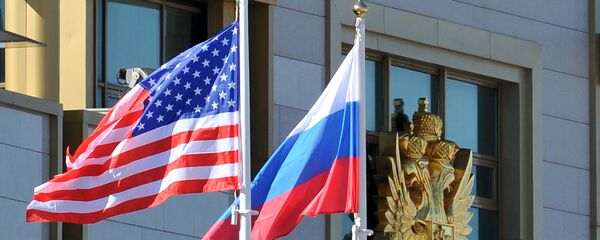Is it the New McCarthyism? Another in the long series of uniquely American witch hunts? Or, as a Russian might point out, simply business as usual in any bureaucracy — full of sound and fury but signifying nothing — as, following the forced closures of a Russian consulate in San Francisco and investigations into several other long-standing Moscow diplomatic enclaves in the United States, an increasingly strident anti-Russia rhetoric permeates almost every legacy media outlet in the country.
It's getting to be difficult to have a normal conversation, as otherwise dependable Americans, when asking about Russia, eagerly want to know if things are really as bad as the media says?
With newscasters, pundits, politicians and even ordinary citizens seemingly falling over themselves in attempts to pump up the nationalist bombast, while Washington convulses itself in what many consider to be a semi-hysterical inquisition, many US residents associated with Russia through marriage, family or work observe that life goes on, regardless of the capricious winds of popular opinion.
Noting that only three years ago the media was deluged first about white police officers shooting black citizens, followed closely by a swarm of stories purporting to detail how Muslim immigrants — regardless of their legal status within the US — were undermining the foundational elements of American culture, one interviewee, a Japanese/American married to a Russian and currently living in the San Francisco/Bay Area, observed that the new anti-Russia convention did not affect his private family life.
"I try to avoid worrying about what I can't control," the man — an IT expert employed by a legal firm who asked to remain anonymous — stated, adding that he tries to "remain positive," by keeping his focus on family and work, as "time goes by so fast."
His spouse noted that their children were not affected by the continuing anti-Russian sentiment emanating from Washington, but observed that as residents of an extremely diverse California community their differences are normally welcomed instead of distrusted, as is too often the case in other parts of the US.
"We're lucky to be here," she said, although the closure of San Francisco's Russian consulate has complicated the process of renewing her Russian passport, as she must now arrange to travel to Seattle, Houston, New York City or Washington DC to get it done.
An unnamed Bay Area-based engineer employed by a high-tech audio firm in San Francisco with a high percentage of Russian workers noted with interest the increasingly anti-Russia tone in the country's halls of power.
"If we knew what was really going on our heads would probably explode," he remarked, adding that Americans appear to be "getting emotional about stuff that is probably completely bogus."
"We're reacting to filtered stories," he suggested, but, as citizens of the richest country in the world, we are "intrigued, curious, and wanting to know answers."
Many Americans have concerns that go beyond how Russia is said to be attempting to influence US culture, pointing out how white supremacists, neo-Nazism and a deep, endemic racism still permeate the country.
When asked about what affect Russia has on the US, one US resident — who entered the country decades ago as a legal immigrant — stated that in America, "Homegrown racism is a bigger problem."




